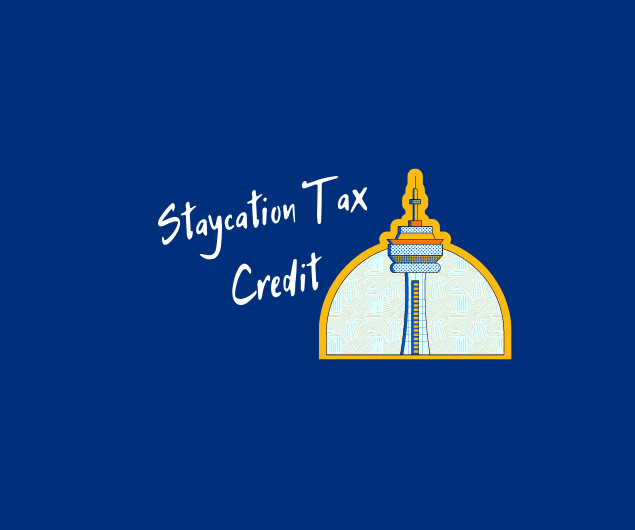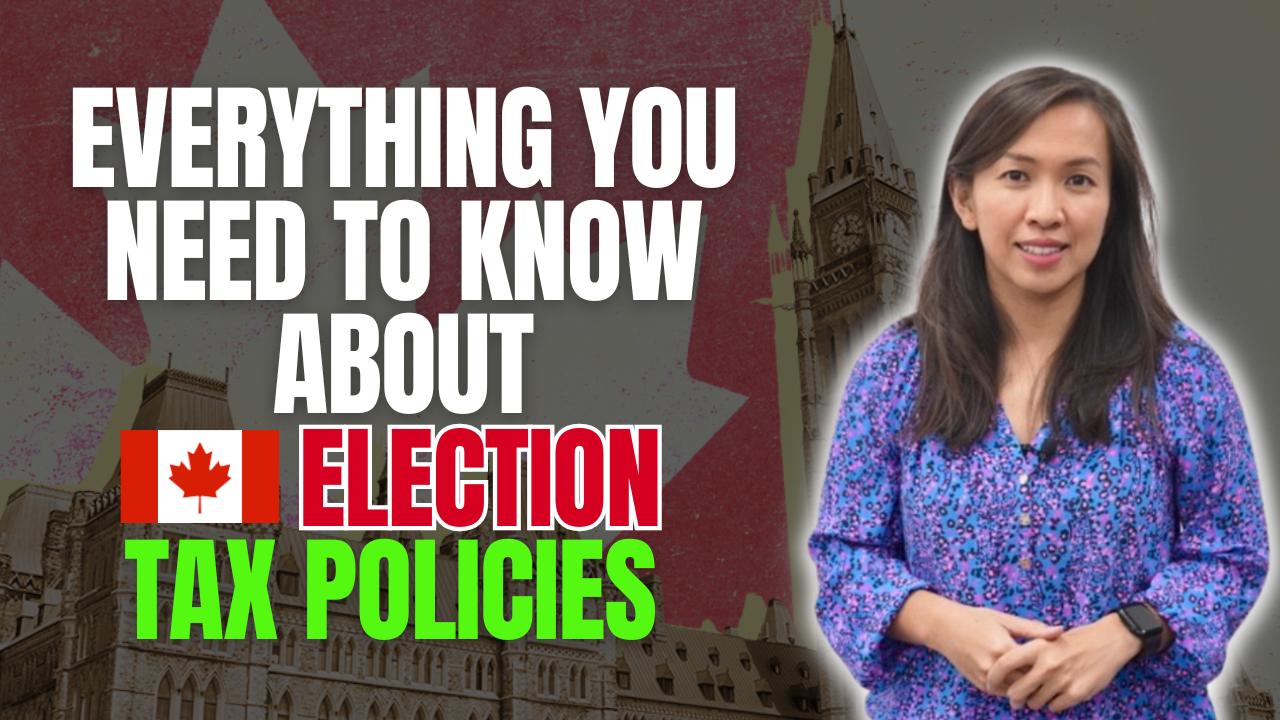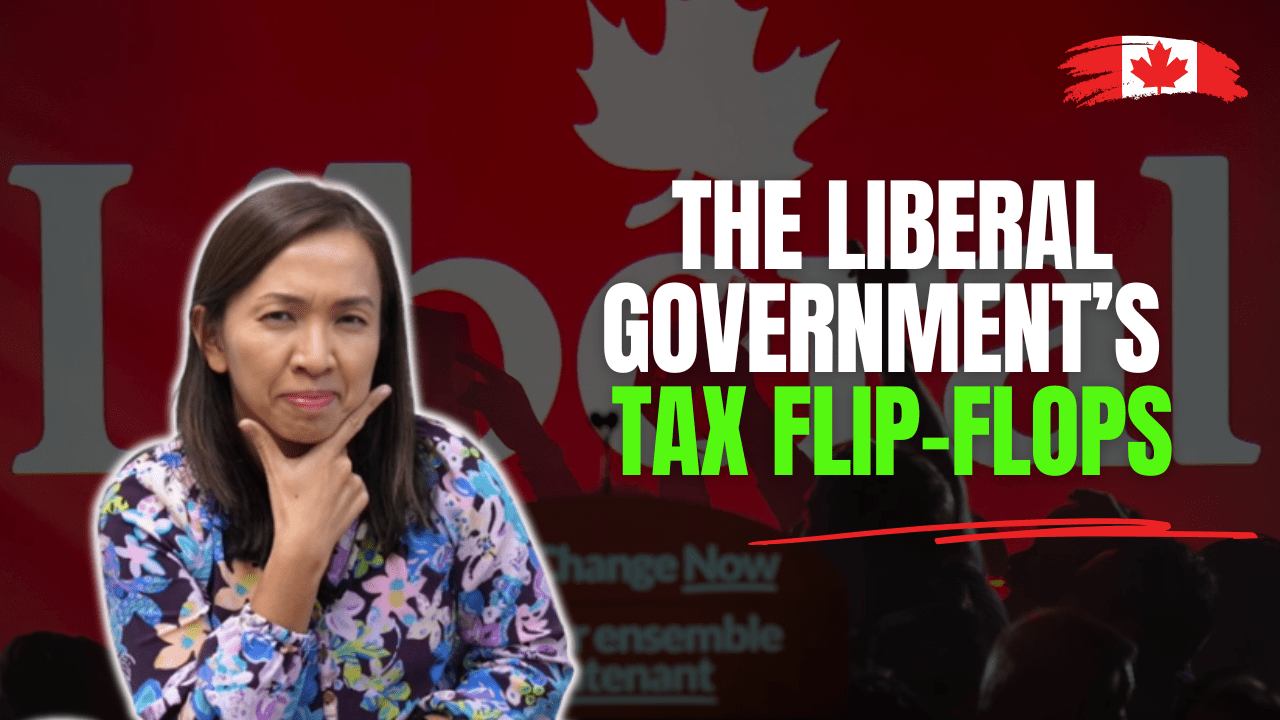Staycation. Tax. Credit.
Three words that sound so appealing put together.
We all need a getaway from time to time. If you could get a tax credit to staycation and explore our beautiful province, wouldn’t that just be lovely?
Although it sounds too good to be true, the Ontario Government recently stated they are offering the residents of Ontario 20% tax credit to almost 2 million Ontario families!
What’s the Ontario Staycation Tax Credit?
The Ontario Staycation Tax Credit is a personal income tax credit for eligible Ontarians which allows them to claim 20% of qualified accommodation expenses for vacations taken between January 1-December 31, 2022 in Ontario.
You can claim a maximum of $1,000 for an individual and $2,000 for a family.
This essentially means that if you are planning a vacation (including family getaways) within the province of Ontario, you could be eligible for a refundable tax credit under the new “Ontario Staycation Tax Credit” program for the year of 2022.
Simply saying as an Ontarian, you could make a maximum savings of $200 or $400, respectively.
You can apply for this tax refund credit when you file your 2022 personal tax return.
Who is eligible to claim the Staycation Tax Credit?
To be eligible to claim the refundable tax credit:
- You must be an Ontario resident on December 31, 2022.
And, - You must select one individual per family to claim the credit for the year of 2022
Are you an individual that does not have a spouse or common-law partner, or eligible child? You can still claim your own eligible expenses for the credit. However, the amount available to claim is $1,000, instead of $2,000 for a family.
What expenses can I claim?
When claiming the Ontario Staycation Tax Credit the Ontario government limits the accommodation expenses to a stay of less than a month in the province of Ontario. The short-term leisure stay can be in a hotel, motel, resort, lodge, B & B, cottage or even a campgroud anytime between 1 January 2022, to 31 December 2022.
To be able to claim your accommodation, when booking it make sure you book directly with the accommodation provider (such as hotel websites, resort websites, etc.) or through an online accommodation platform (such as Airbnb).
Make sure your expenses haven’t been reimbursed previously to you or any of your family members, for instance, reimbursements from the workplace.
Most importantly, keep in mind that the expenses must be related to a staycation for the purposes of leisure and not work/business.
What if I stayed in a timeshare property of my own?
Short-term leisure accommodation generally does not include timeshare agreements, or a stay on a boat, train or other vehicle that can be self-propelled.
In Ontario, you can own a timeshare unit of a resort. The cost to maintain the timeshare unit does not qualify for the Staycation Tax Credit offered by the Ontario government.
How do I claim this Tax Credit?
Firstly, make sure you keep all your receipts.
You must submit a detailed receipt stating the time and HST paid when you claim these expenses for the refundable tax credit.
You or a member of your family must have paid the expenses yourself and within the year of 2022.
And only one member of your family can claim the Staycation tax credit.
As long as you stay at an eligible accommodation and meet all the eligibility requirements – you can apply for this refundable credit. This can be done when you file your personal income tax and benefit return for 2022.
At the end of the day, it’s a win-win situation. You get a staycation tax credit and the tourism and hospitality sector of Ontario gets to somewhat recover from the financial impacts of the COVID-19 pandemic.
Until next time, happy Canadian Real Estate Investing.
Cherry Chan, CPA, CA
Your Real Estate Accountant





